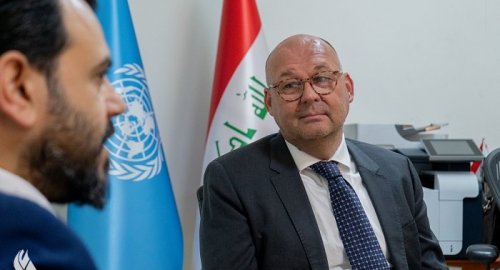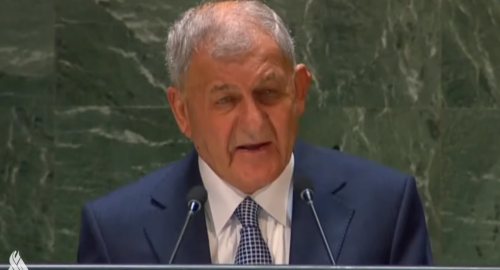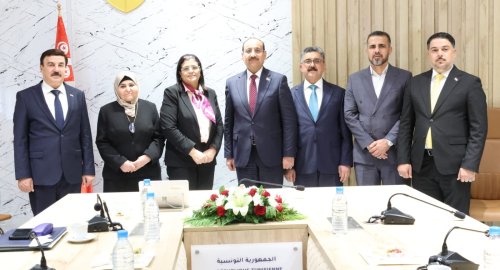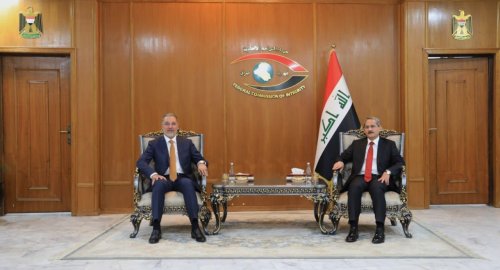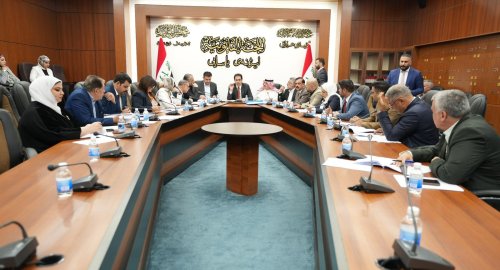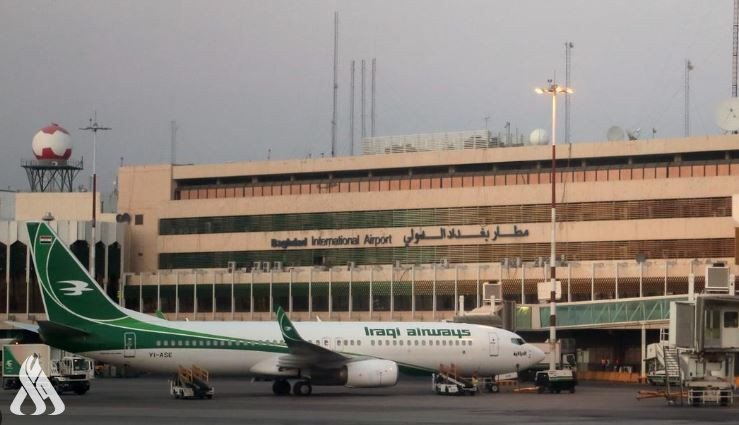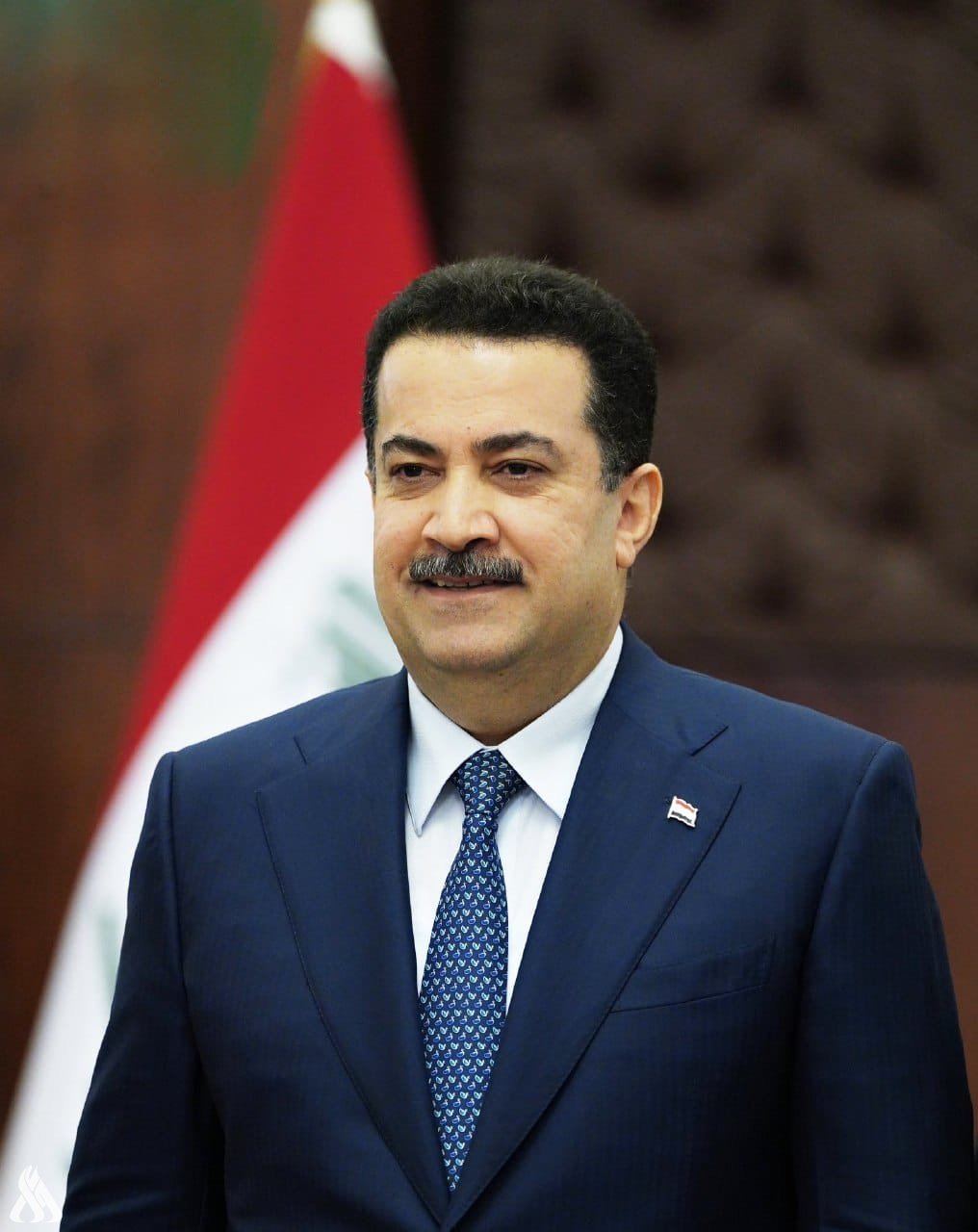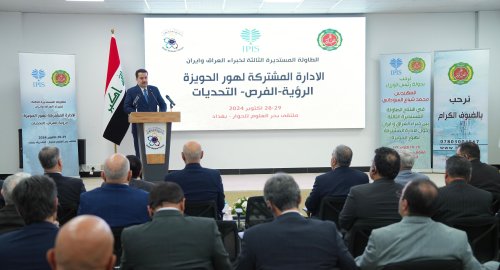
PM: Many government MOUs on the environmental aspect, guarantee Iraq's water share

- Today, 16:47
- Iraq is one of the countries with most vulnerable to environmental shifts and climate change.
- The dictatorship’s wars inflicted severe damage on natural resources, causing significant problems.
- The government has signed numerous memoranda of understanding and agreements with various countries related to environmental and water issues.
- The government has worked diligently to secure Iraq’s full water share by establishing joint management of the Tigris and Euphrates basins, through regulations governing shared river basins.
- Al Hawizeh Marsh is one of the most significant and renowned marshlands, covering an area of up to 3,000 km², with a storage capacity of 6 billion cubic meters.
- Al Hawizeh Marsh was registered under the Ramsar Convention on Wetlands to protect it and maintain its water supply.
- The marshlands have historical significance, leading UNESCO to list them as a World Heritage site and making them a tourist destination.
- Environmental risks necessitate enhanced collaboration to mitigate the severe impacts of climate change.
- The situation calls for increased efforts and the creation of mechanisms to protect our environment and climate from destructive influences.
INA - BAGHDAD
Prime Minister Muhammed S. Al-Sudani attended on Monday a workshop organized by Bahr Al-’Ulum Center and Al-Alamein Institute, addressing marshlands, water challenges, and climate change affecting the region.
This workshop, the third on the marshlands, focused on Al Hawizeh Marsh and the best approach to jointly manage it with Iran, represented at the workshop by the Deputy Minister of Foreign Affairs, Mohammad Hassan Sheikholeslami, according to a statement by the PM Media Office - received by the Iraqi News Agency - INA.
In his speech, the Prime Minister highlighted the government’s efforts to reassess the environmental status of the marshlands, initiate programs to mitigate climate impacts and engage both domestically and internationally to support this cause.
"These efforts aim to ensure the continued water supply to the marshlands, counter the effects of drought, support local residents, provide essential resources for their livelihoods, and preserve the unique biodiversity of this ecosystem," included the statement.
The statement included the following key points from the Prime Minister’s Speech at the Session:
Hezbollah: targeting the Meron air base with a missile salvo
- International
- 07:00
Hezbollah: Dead and wounded among the Zionist enemy in an ambush in Kfarkela
- International
- 05:35
Hezbollah: We bombed the Glilot base in the suburbs of Tel Aviv with qualitative missiles
- International
- 24/10/21
PM Al-Sudani announces the killing of ISIS's so-called Wali of Iraq
- Security
- 24/10/22
In Naveh Ziv, Hezbollah kills 16 Zionist soldiers and targets an artillery position
- International
- 24/10/25
